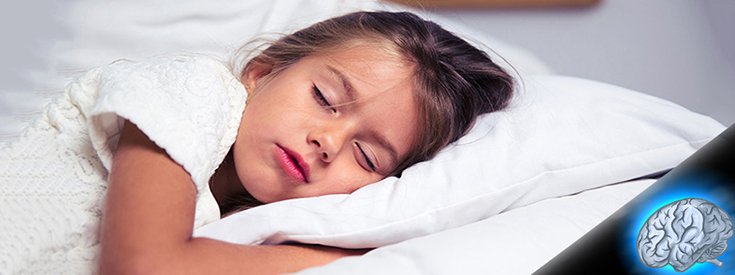How Melatonin Could Help Those with Autism

With autism rates growing at concerning rates, it’s imperative that we find as many ways to prevent the disease while easing the symptoms (while of course looking for treatments). There are many tips out there for dealing with autism and its symptoms, though you may not have heard of this one – melatonin.
You may know of melatonin for its role in helping to pave way for a solid night’s sleep, but did you ever think of it being a potential solution for autistic individuals with insomnia? A handful of studies have focused on melatonin and its role in helping those with autism overcome sleeplessness, with results being quite favorable thus far.
One study abstract had this to say:
“Supplemental melatonin improved sleep latency, as measured by actigraphy, in most children at 1 or 3 mg dosages. It was effective in week 1 of treatment, maintained effects over several months, was well tolerated and safe, and showed improvement in sleep, behavior, and parenting stress. Our findings contribute to the growing literature on supplemental melatonin for insomnia in ASD and inform planning for a large randomized trial in this population.”
While another came to similar conclusions:
“Six studies reported that the nighttime administration of exogenous melatonin was associated with better daytime behaviors. Four studies reported improvements with exogenous melatonin supplementation when other sleep medications had previously failed. Adverse effects of melatonin were minimal to none in the twenty treatment studies. These studies indicate that the administration of exogenous melatonin for abnormal sleep parameters in ASD is evidence-based. Further studies examining optimal effective dosing and timing of dosing are warranted.”
Melatonin is an important neurotransmitter produced by the pineal gland. It is responsible for making sure we sleep, and that our circadian rhythms stay balanced. While melatonin supplementation won’t cure autism, it can certainly help greatly with the sleep disorders that accompany it, often making other symptoms such as a negative mood, or difficulty concentrating much better since these are also influenced by the amount of sleep people with autism get (and people without it too!)
The amount of melatonin supplementation is still in question as more research needs to be conducted, but some simple tools can be used to increase melatonin naturally in both sufferers of ASD and those who just have difficulty sleeping due to an imbalance in their circadian cycles. (Some of the research used 1 or 3 mg.)
In addition to these 8 foods to naturally increase melatonin, check out the below tips.
Normalizing Melatonin. Better Sleep for ASD Sufferers, and Everyone Else
- The foremost correction to melatonin insufficiency is to change the diet. Oats, barley, non-GMO organic corn, ginger, tomatoes, and bananas are all said to help to boost melatonin naturally.
- Make sure that the person suffering from ASD sleeps in a completely dark room. The pineal gland can only function at 100% when in complete darkness.
- Decalcify the pineal gland by removing fluoride and chlorine from the water supply, and reducing the consumption of sugar, caffeine, and alcohol. You can also eat raw cacao and neem, a plant grown all over India to help decalcify the pineal gland.
- Reduce stress. Stress causes the circadian cycle to become disrupted.
- Eat only organic foods that aren’t covered in pesticides, herbicides, fungicides, and harmful chemical fertilizers.
- Get outside during daylight hours. Being exposed to natural light helps to boost melatonin and purifies the pineal gland. It’s also wonderful for the mood since your body produces more vitamin D from sun exposure.
- Make sure you aren’t taking prescription drugs that interfere with melatonin production.
- Try to go to sleep at the same time every night, as this will normalize melatonin production.
